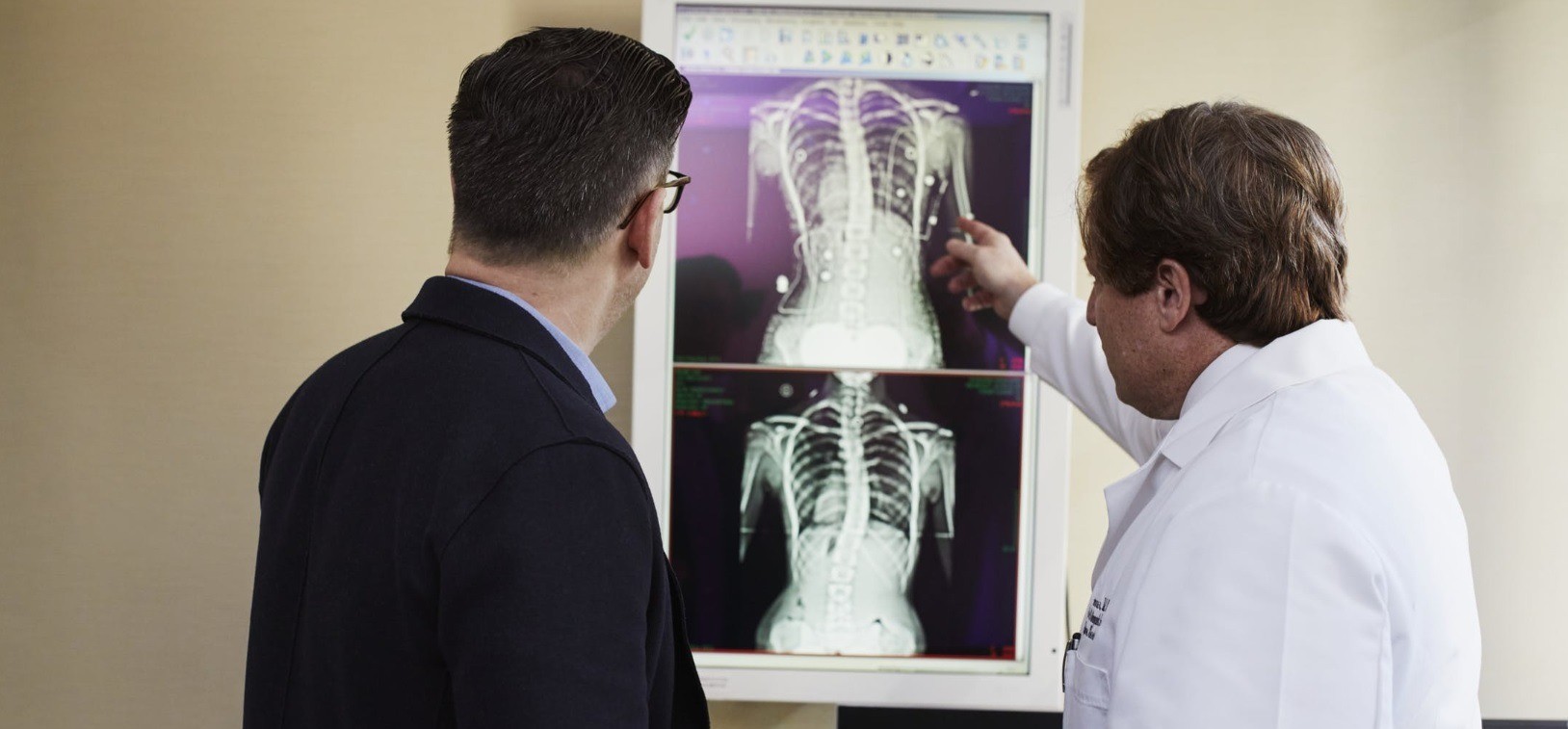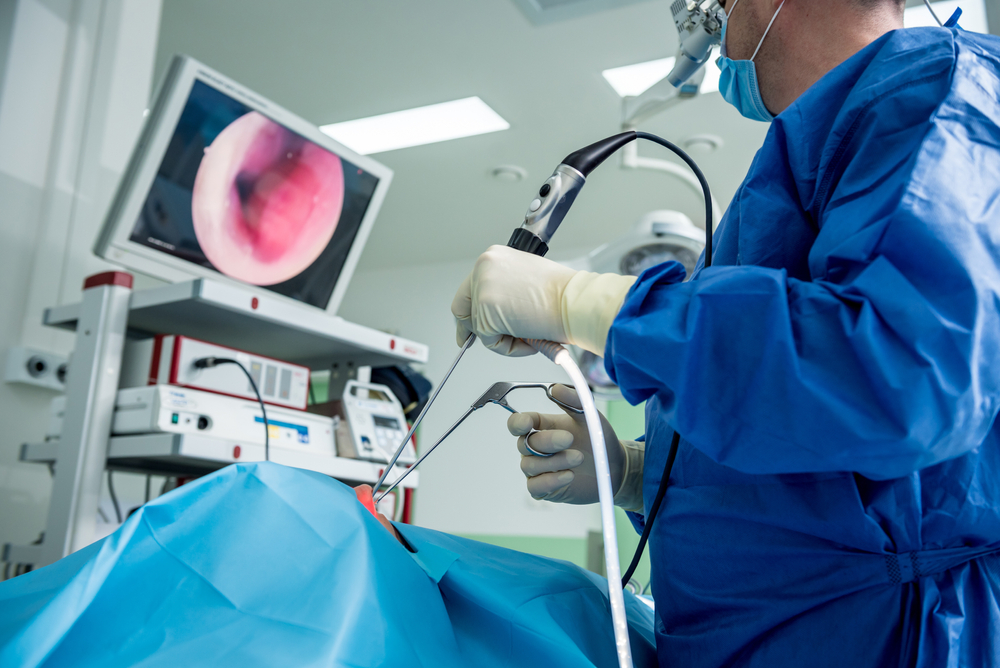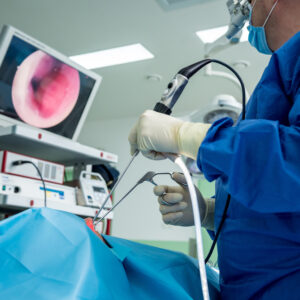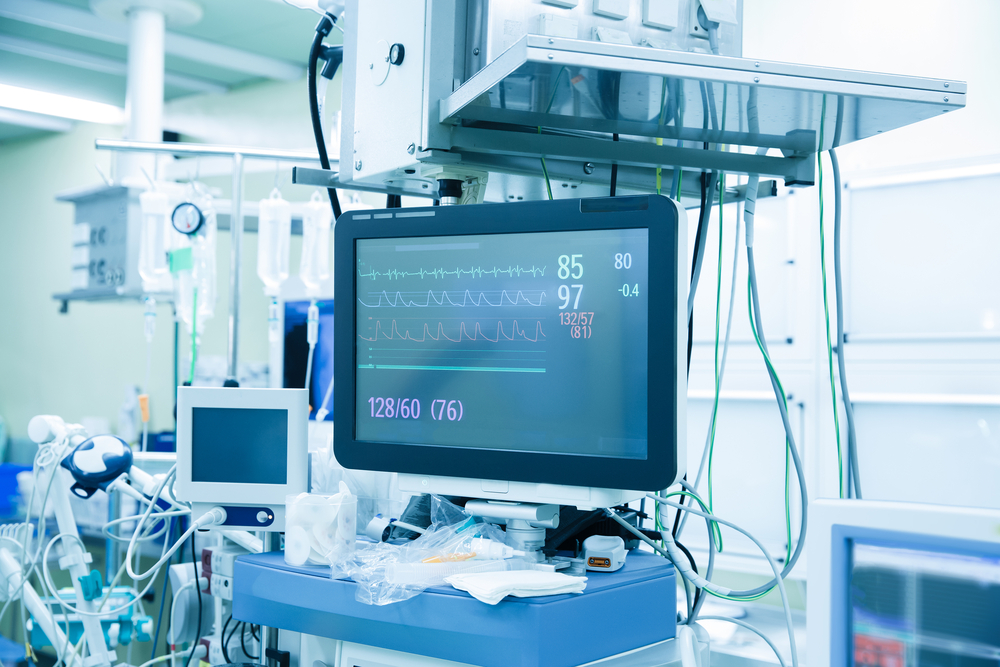Can you take sick leave for pre-pregnancy check-ups?
According to the Employment Ordinance, pregnant employees who are absent from work due to pre-pregnancy check-ups can be considered as taking sick leave as long as they provide appropriate medical certificates. For employees employed under continuous contracts who have accumulated enough paid sick leave, they are entitled to sickness allowance for each day of sick leave.
In the 2018 Policy Address, it was further revised that regardless of pre-pregnancy check-ups or postnatal treatments, as long as relevant documentary proof can be provided, even without a sick leave certificate, employees can still receive paid sick leave.
Number of pre-pregnancy check-ups
Generally, expectant mothers will have about 9 to 15 pre-pregnancy check-ups. The frequency of check-ups varies according to different stages of pregnancy:
| Number of Check-ups | |
| 10-14 weeks of pregnancy | First pre-pregnancy check-up |
| Before 28 weeks of pregnancy | Check-up every 4 to 6 weeks |
| 28-36 weeks of pregnancy | Check-up every 2 to 4 weeks |
| After 36 weeks of pregnancy | Check-up every 1 to 2 weeks |
Government pre-pregnancy check-up process
If you wish to arrange pre-pregnancy check-ups at a government-run Maternal and Child Health Center, please note the following:
- Only pregnant women who plan to give birth in a public hospital are eligible for prenatal services at the Maternal and Child Health Center.
- Pregnant women should choose the corresponding Maternal and Child Health Center based on the hospital where they plan to deliver. Please refer to the provided list for more information.
- Registration and appointment* are required before undergoing pre-pregnancy check-ups.
For the first pre-pregnancy check-up, you need to register and make an appointment. You can make a reservation for a free pre-pregnancy check-up by bringing the following documents and forms:
- Valid Hong Kong identity card
- Proof of address issued within the past six months
- Pregnancy test report
- Prenatal records (if applicable)
- Completed “First Registration Form for Pre-pregnancy Check-up Services”
- Urine sample
The first pre-pregnancy check-up includes an assessment of obstetric history, personal and family medical history, physical and gynecological examination, urine glucose and protein testing, blood tests, and more.
- If you need a medical certificate or sick leave certificate, you can apply for it on the day of the pre-pregnancy check-up. However, if you request a reissue of the certificate after the check-up date, an administrative fee of $160 per certificate will be charged.
- If you need copies of prenatal service health records/lab reports, you can download the relevant form (FHS 119B) here.
- *The registration procedures for pre-pregnancy check-ups may vary among different hospitals. Please call or visit the hospital or Maternal and Child Health Center directly for inquiries.
General pre-pregnancy check-up schedule
During the first pre-pregnancy check-up, a nurse will inquire about personal information, including the health conditions of the pregnant woman and her family, previous childbirth history, etc., in order to understand the pregnant woman’s health status and arrange appropriate care. The nurse will also measure the pregnant woman’s height, weigh her, conduct urine tests, and measure blood pressure to assess the health of both the mother and the baby. Then, the doctor will perform a physical examination, including the heart, lungs, abdomen, and if necessary, a gynecological examination. If the pregnant woman is already 12 weeks or more pregnant, the doctor will also check the baby’s heartbeat.
During each follow-up check-up, healthcare professionals will assess the pregnant woman’s physical condition, including weight gain, blood pressure, glucose and protein in the urine. The nurse will also check the size of the uterus and listen to the baby’s heartbeat. From 32 weeks onwards, the nurse or midwife will check the baby’s position and, if needed, arrange appointments with the doctor for further examinations.
The following is a general pre-pregnancy check-up schedule provided by the Maternal and Child Health Center for reference:
| Weeks of Pregnancy | Regular Pre-pregnancy Check-ups | Other Examinations (Weeks) |
| 10 – 24 weeks | Every 6 weeks |
|
| 24 – 28 weeks | Every 4 weeks | Gestational diabetes test (if needed) |
| 28 – 36 weeks | Every 2-4 weeks |
|
| 36 – 40 weeks | Every 2 weeks | |
| 41 weeks | Post-term pregnancy assessment |
Pre-pregnancy check-up items
Pre-pregnancy check-up include basic blood and urine tests, as well as 6 routine pre-pregnancy check-ups for Down syndrome screening, ultrasound examination, HIV testing, gestational diabetes, preeclampsia, and group B streptococcus:
Testing blood type, Rh factor, hemoglobin, mean corpuscular volume, German measles antibodies, hepatitis B antigen, syphilis test, and HIV antibody.
Checking for glucose and protein in the urine to diagnose gestational diabetes or preeclampsia.
Down syndrome is caused by an extra copy of chromosome 21 and usually occurs by chance, rarely due to inheritance. Screening methods include ultrasound measurements or blood tests to help parents prepare psychologically and make appropriate choices and decisions.
Checking for structural abnormalities in the fetus, recommended around 18 to 22 weeks of pregnancy. If abnormalities are detected during the ultrasound examination, further invasive tests such as amniocentesis or umbilical cord sampling may be required.
Rapid HIV testing results are categorized as negative (-ve) or positive (+ve) reactions. Any positive result requires confirmation through venous blood testing at a laboratory.
In terms of mother-to-child transmission, pregnant women with HIV can transmit the infection to the baby during pregnancy, childbirth, or breastfeeding. Without treatment, the transmission rate can be as high as 15-40%. Early diagnosis allows for the development of effective treatment plans for pregnant women and newborns, significantly reducing the chance of transmission to 1-2%.
Pregnant women with risk factors for gestational diabetes need to undergo blood glucose testing. Risk factors include a family history of diabetes, polycystic ovary syndrome, being over 35 years old, overweight, previous history of gestational diabetes, or giving birth to a baby weighing 4 kilograms or more.
If gestational diabetes is diagnosed, appropriate diet control or medication may be necessary. Without proper treatment, there is a risk of fetal overgrowth or preterm birth.
Preeclampsia is a rare but serious pregnancy complication that occurs during the middle to late stages of pregnancy or shortly after childbirth. It can lead to seizures, liver, kidney, and lung failure, as well as clotting problems, posing a threat to the health and life of the mother and fetus.
Risk factors include the mother’s history of diabetes, high blood pressure, or lupus, previous history of preeclampsia during pregnancy, family history of preeclampsia, advanced maternal age, a ten-year or more gap between pregnancies, carrying twins or multiple pregnancies, and obesity.
Symptoms of preeclampsia include severe swelling, increased blood pressure, proteinuria, severe headache, blurred vision or flashes, upper abdominal pain, and vomiting. If any of these symptoms occur, prompt medical attention, monitoring, and treatment are necessary.
Group B streptococcus is a common bacterium that can be found in the intestines, urinary, and reproductive systems of humans. Approximately 10-30% of pregnant women carry this bacterium in their vaginal or rectal swabs. Pregnant women carrying group B streptococcus can potentially transmit it to the baby during late pregnancy.
It is also the most common pathogen causing severe early-onset infections in newborns, with a morbidity and mortality rate of approximately 5-10%. In Hong Kong, the rate of early-onset group B streptococcus infection in newborns is 0.1%. Infections can be classified as early or late onset Infections:
- Early-onset infection: Typically occurs within a few hours after birth and affects the baby’s respiratory, gastrointestinal, and renal systems. Symptoms may include lung infection, bloodstream infection, or meningitis.
- Late-onset infection: Usually occurs within a week or a few months after birth and is commonly associated with meningitis.
Group B streptococcus can be detected through swab screening, and it is recommended to perform the screening around 35-37 weeks of pregnancy.
Pre-pregnancy Check-ups Pricing Comparison
Pricing for pre-pregnancy check-ups in private hospitals start from $1,650, while Hong Kong permanent residents can receive free pre-pregnancy check-ups and a Down syndrome screening in public hospitals or maternal and Child health centres. The fees are as follows:
| Hospital | Outpatient Charge |
| Government: Maternal and Child Health Clinic | Free^ |
| Yan Oi Hospital |
|
| St. Paul’s Hospital | Prenatal check-up is included in the delivery/cesarean package, starting from $18,000 |
| Hong Kong Baptist Hospital |
|
| Evangel Hospital | $1,650 |
| Precious Blood Hospital |
|
- *The above fees are based on information available on official websites (as of January 13, 2021) and may be subject to change.
- ^Applicable to eligible individuals only.






